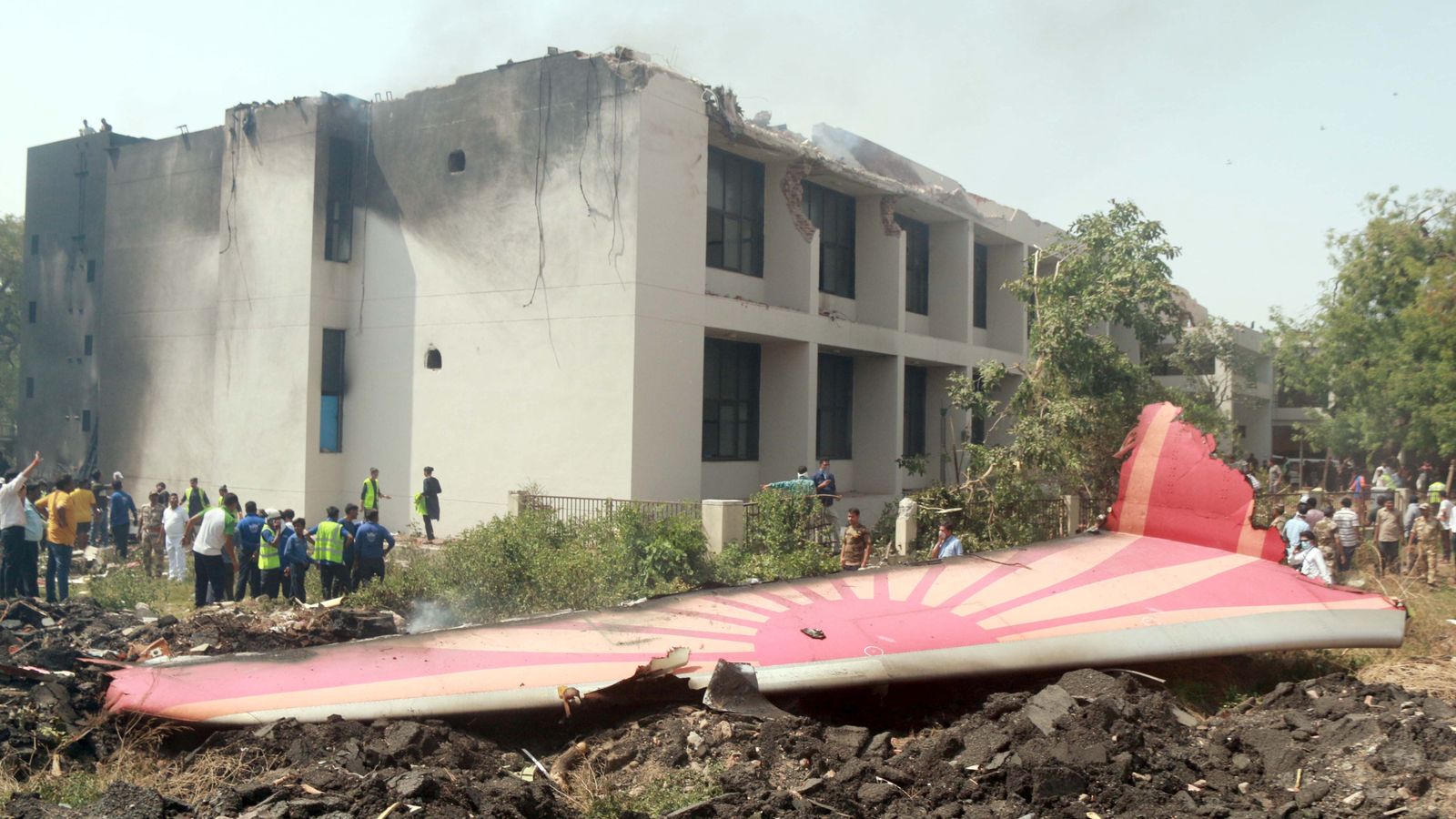Afghan women, undeterred by Taliban, secretly network for change
Female activists are secretly building support networks for marginalised women in Taliban-governed Afghanistan.

For months, Shamail Naseri has been moving house-to-house to evade arrest by Taliban authorities. Her crime: Raising her voice to protect Afghan women who have faced increasing marginalisation since the Taliban came to power in August 2021.
“The Taliban attempted twice to arrest me, but it was unsuccessful. I hid and switched off my phone, and they could not find me,” Naseri told Al Jazeera by phone from an undisclosed location in the capital Kabul.
The Taliban promised women’s rights and free speech when they stormed to power. But Afghanistan’s new rulers have gone back on their promises, imposing curbs on women’s movement, introducing dress codes for women, and shutting down high schools for girls – bringing back memories of their repressive rule in the 1990s.
Naseri, along with other women’s activists, has been actively involved in providing support to vulnerable Afghan women after the Taliban-led Islamic Emirate of Afghanistan government dissolved critical state support structures like the Ministry of Women’s Affairs and after key organisations, including the largest network of women’s shelters in the country, closed their doors.
Despite the threats to her safety, Naseri remains undeterred in her mission, and unlike all the other Afghanistan-based activists in this story, felt comfortable sharing her full name publicly.
“[These threats] will not stop me, and I will continue,” she said. While women-led street protests in Afghanistan have attracted worldwide attention, behind the scenes, female activists have steadily been building support networks for marginalised women, creating grassroots organisations, documenting cases of gender-based violence, and opening safe spaces for women in various parts of the country.
Although women advocates are slowly making strides in organising themselves in Afghanistan, these efforts remain limited in scope and geography, and according to experts, are as of yet unable to fill the immense gap in women’s services in the country.
“At the moment this is a very big need for women, so we cannot just give up,” said Duniya, a Kabul-based coordinator with a local NGO in Afghanistan who asked not to be identified using her real name for security reasons. “We are at least trying to do something by taking some risk.”
The Taliban’s takeover of Afghanistan has led to a 28 percent decrease in women’s employment in the country, according to the United Nations, and rates of domestic violence, forced disappearances, torture of peaceful women protesters, and other forms of gender-based violence have risen sharply since the group’s return to power, according to Amnesty International and other human rights organisations.
Duniya’s organisation had established a grassroots network across 20 of Afghanistan’s 34 provinces that promoted democratic values, women’s rights, and solutions to gender-based violence over the past decade.
But during the past year, the group’s offices were shuttered, many members fled the country, and according to Duniya, several activists with whom her NGO was working on a temporary basis were arrested for months, although they have since been released.
As many international donors pulled out of Afghanistan and as United States sanctions against the Taliban government hampered humanitarian aid efforts, many foreign NGOs fled the country as well, in some cases even reportedly leaving behind their own staff.
But Afghan women inside and outside the country have come forward to fill the gap. In December 2021, Duniya’s NGO was able to reopen its doors and resume operations after negotiating with Taliban officials in 14 provinces.
“The Taliban said ‘OK, as long as you’re not doing some meetings against Islam, as long as you’re not encouraging or mobilising people against us, go ahead and continue your activities,” said Nargis Nehan, Afghanistan’s former acting Minister of Mines, Petroleum and Industries, who is currently based in Canada and serves as the lead researcher for VOICE, an NGO. Among other initiatives, Nehan has been helping to reconnect women activists in organisations like Duniya’s with international donors.
According to Duniya, organisers have been able to do this partially by framing their efforts in Islamic terms that make them appear more acceptable to the Taliban, but also by obscuring some activities the Taliban would likely find intolerable.
-al jazeera







